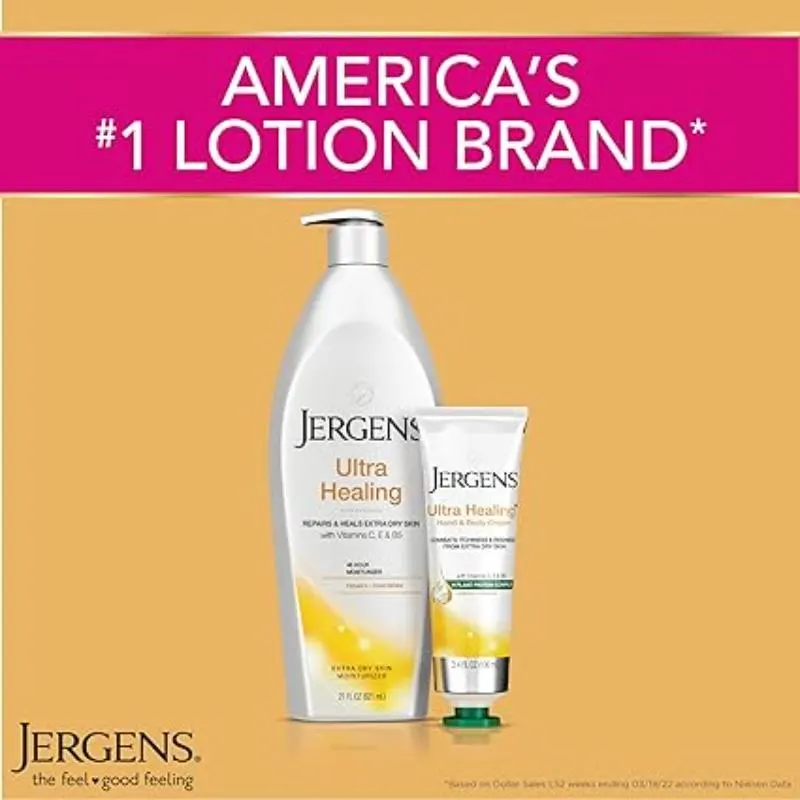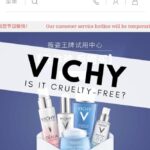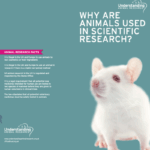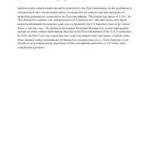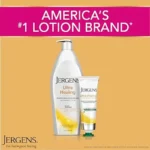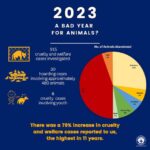Is Jergens Lotion animal cruelty-free? This question invites contemplation on an urgent issue that transcends mere personal indulgence in skincare products. As consumers, we wield the power to champion the ethical treatment of animals with every choice we make. With the beauty and skincare industry being notoriously vast, it is crucial to delineate between brands that prioritize animal welfare and those that do not. Let us embark on a journey to unveil the intricate relationship between Jergens and animal cruelty.
The nomenclature of “cruelty-free” has garnered significant traction over recent years. The moniker implies that a product has not been tested on animals, allowing consumers to feel a sense of solace in their purchasing decisions. Nonetheless, the term lacks a universal definition, which can lead to ambiguity. In probing Jergens Lotion’s commitment to this label, we encounter a labyrinth of marketing strategies that aim to satisfy ethical consumers.
Founded in 1901, Jergens has become synonymous with moisturization and skin health. However, their illustrious history is also accompanied by an array of questions concerning their ethical practices. As part of the larger corporate ecosystem, the brand operates under the umbrella of larger entities such as Kao Corporation, a conglomerate that must address global markets with stringent regulations on animal testing. So, is Jergens a brand that stands staunchly against animal cruelty, or does it inadvertently participate in those practices?
To discern the answer, one must examine Jergens’ stated policies and procedures. The company asserts that they do not conduct animal testing on their final products. However, this claim raises eyebrows since, in many jurisdictions, animal testing is still a requisite for certain ingredient evaluations before products can be marketed. Furthermore, if a company sells its products in markets like China, where animal testing remains mandated, it poses a moral quandary: does the end justify the means? The challenge lies not just in acknowledging what the brand claims, but also in engaging critically with the implications of those claims.
Subsequently, consumers must navigate a spectrum of cruelty-free statuses. Companies can be certified cruelty-free by organizations like Leaping Bunny or PETA, which require rigorous adherence to ethical standards. These certifications serve as a beacon for conscientious consumers desiring clarity. However, Jergens currently does not hold such certifications, complicating the narrative. Could this lack of certification suggest a neutrally aligned stance on animal testing?
Furthermore, let us consider the ingredients that compose Jergens Lotion. The components derive from both natural and synthetic sources. This multifaceted approach yields potential concerns regarding sustainability and responsibility in sourcing. With many ingredients being tested for safety through the antiquated method of animal experimentation, one wonders how Jergens reconciles this practice with its proclaimed values. The critical inquiry remains: are there more humane alternatives available that could replace those tested on animals?
Analyzing consumer behavior in today’s ethically-conscious marketplace, it’s evident that many individuals prefer brands that contribute positively to the societal fabric. Taking a closer look at successful cruelty-free brands reveals an inclination towards transparency, using their platforms as instruments of advocacy rather than mere marketing tools. On the contrary, Jergens, while popular, may risk alienating an entire demographic of mindful consumers who are schooled in the complexities of ethical consumerism.
This situational analysis provokes another perceptive question: is Jergens able to adapt to a future that demands accountability and ethicality? The skincare industry is undergoing a transformative phase, with brands reassessing their practices. Vegan formulations are not merely a trend; they are now a fundamental component of a conscientious consumer’s decision-making process. As competition intensifies, Jergens might find itself at a crossroads: either evolve to meet the expectations of discerning buyers or remain stagnant while more progressive brands rise in prominence.
Interestingly, the power is not solely held by the corporations. As advocates for animal welfare, consumers can articulate their discontent and preferences through digital platforms and social media campaigns. This collective voice can unveil powerful narratives that prompt corporate accountability. If consumers uniformly demand cruelty-free verification, brands like Jergens could feel immense pressure to rethink their practices. The prospect of such consumer-led change emphasizes the symbiotic relationship between ethical consumers and product manufacturers.
In closure, the exploration into whether Jergens Lotion is truly animal cruelty-free reveals a multifaceted landscape of commitments, regulations, and consumer expectations. While the brand may espouse humane treatment by forgoing animal testing on finished products, one cannot overlook the nuances entailed in ingredient testing and global market regulations. As stewards of the planet, it is paramount to question, challenge, and, when necessary, abandon brands that do not align with our ethical principles.
The predicament remains: how will your skincare choices reflect your values? It is an exceptionally powerful time to engage in this dialogue. Be astute, advocate for transparency, and seek those brands that genuinely honor the sanctity of all living beings.
